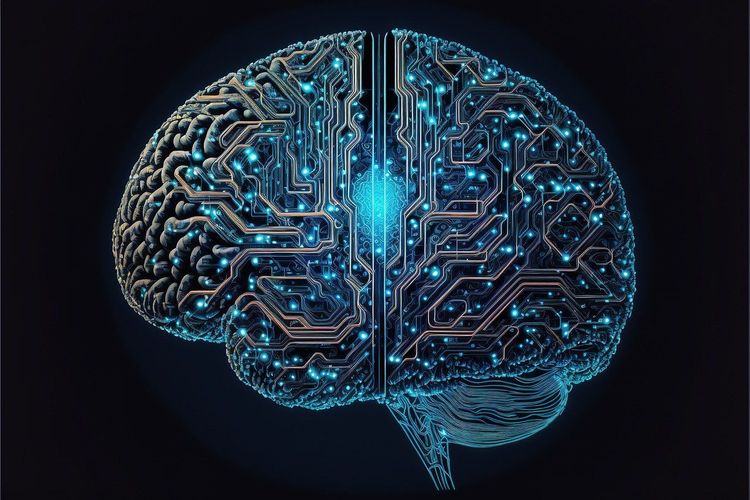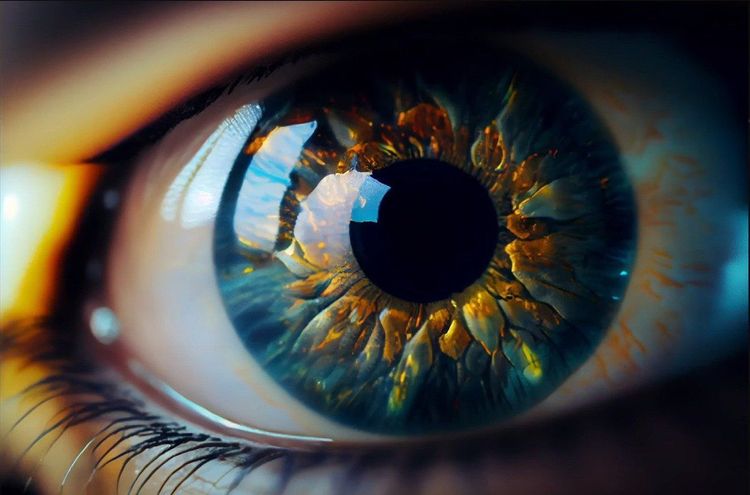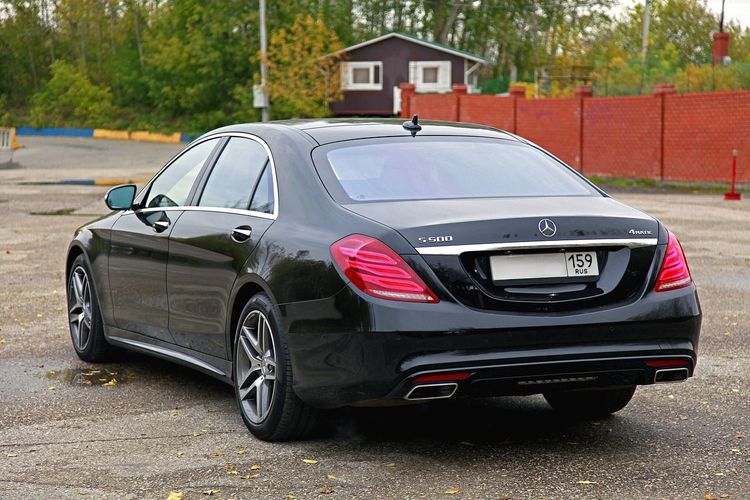In a landmark ruling today, the Supreme Court of the United Kingdom determined that artificial intelligence systems cannot be recognized as inventors on patent applications. This decision affirms an earlier High Court ruling that firmly states that inventors must be human.
The case centered around two inventions attributed to DABUS, an AI system created by computer scientist Stephen Thaler. In 2018, Thaler sought to register DABUS as the inventor for two innovations: a novel food and beverage container and a unique emergency light beacon. However, the U.K. Intellectual Property Office (UKIPO) rejected this application, asserting that DABUS, as a non-human entity, could not be classified as an inventor.
Thaler's appeal was repeatedly dismissed, with arguments failing to gain traction in both the High Court and the Court of Appeal before reaching the Supreme Court. Writing for the Supreme Court, Lord David Kitchin underscored that "DABUS is not a person or persons" and emphasized that interpreting the 1977 Patents Act to recognize a machine as an inventor was untenable.
Thaler's case hinged on his interpretation of the U.K. Patents Act of 1977, claiming that as the owner of DABUS, he should be entitled to patent protection for the inventions it produced. Yet, the Supreme Court unanimously upheld the decision of the UKIPO, stating that Thaler failed to identify any human inventor, which is a requirement under section 13(2) of the Act. Lord Kitchin noted that Thaler’s ownership of DABUS did not suffice to validate his claims to patent rights.
Legal expert Professor Ryan Abbott from the University of Surrey articulated the implications of the ruling, stating, "The U.K. Supreme Court held that AI is not an inventor, even when it plays a significant role in creating innovations. Instead, AI is viewed as a 'highly sophisticated tool' utilized by human inventors. This change reframes the definition of an 'inventor' in U.K. patent law by indicating that the role of inventors need not involve direct creative contribution, as previously assumed. Thus, companies employing AI technologies will need to assert that their employees are the inventors, even if their contributions are minimal."
Conversely, Nick White, a partner at the law firm Charles Russell Speechlys, acknowledged the outcome as reflective of established legal precedents. He stated, “Despite the increasing sophistication of AI systems and their capacity to generate innovative products with little to no human input, the existing legal framework remains anchored in historical interpretations. Currently, it does not recognize AI systems as inventors or as entities capable of owning intellectual property. Any forthcoming change in this domain is likely to originate from policymakers, not the judiciary.”
This ruling adds to a series of setbacks for Thaler in his quest for patent protections for DABUS, both in Europe and the United States, including a failed appeal to the U.S. Supreme Court in April. Notably, DABUS has achieved patent recognition in South Africa, where the Companies and Intellectual Property Commission (CIPC) designated DABUS as the inventor back in August 2021. However, South Africa's intellectual property laws do not explicitly define an inventor, which facilitated this decision.
Thaler has also attempted to secure copyright protection for works generated by another AI system he developed but encountered similar challenges, including a loss in a U.S. court case this past August.
The Supreme Court’s ruling aligns with a recent U.K. decision that affirmed the patentability of AI inventions that utilize machine learning methodologies. Nevertheless, this ruling signifies that while inventions produced with AI can be patented, those generated solely by AI remain outside the boundaries of current patent laws.







